Published
2 weeks agoon
By
Ann Uruvath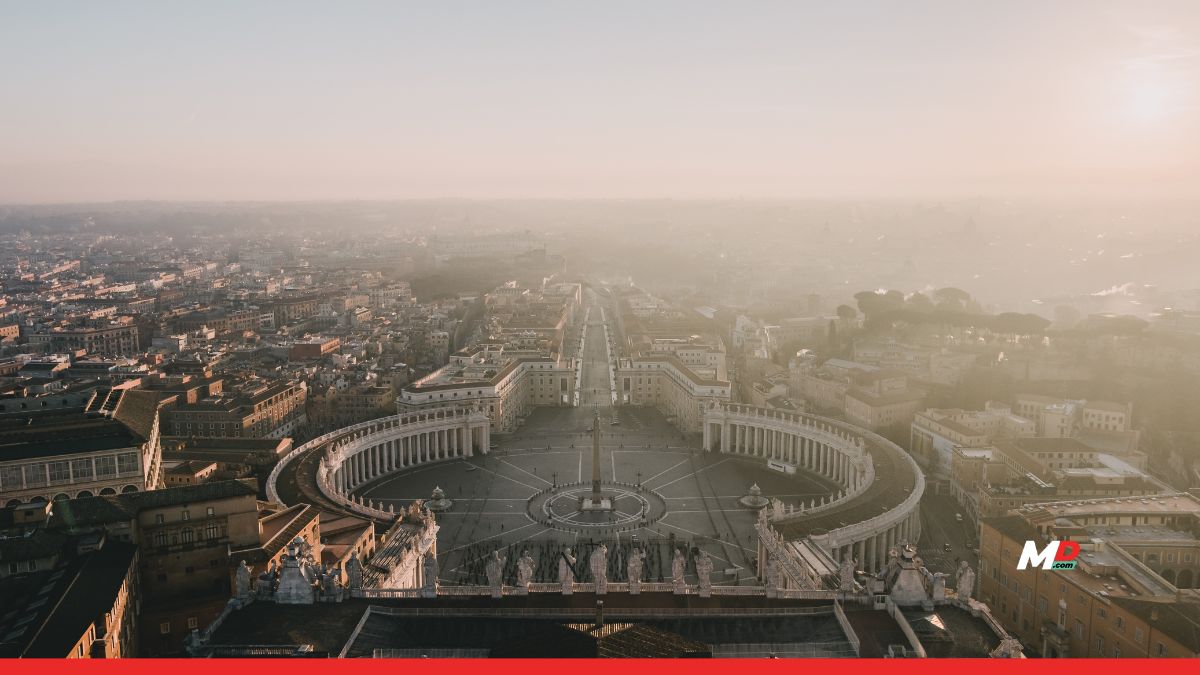
With the passing of Pope Francis on April 21, the eyes of the Catholic world now turn toward the Vatican as speculation mounts over who might be chosen as the next leader of the Roman Catholic Church. While the process of electing a new pope is steeped in centuries-old tradition and shrouded in secrecy, many scholars, journalists, and religious commentators have offered educated predictions on who could emerge as the next Bishop of Rome.
The Conclave: A Tradition Locked in Secrecy
The process of electing a new pope begins with the conclave, a secretive gathering of cardinals held in the Sistine Chapel within the Vatican. The term “conclave” comes from the Latin cum clave, meaning “with a key,” symbolizing the seclusion of the cardinals from the outside world. During this time, they are cut off from all external communication—no phones, no internet, no contact with anyone outside the Vatican walls. This ensures the integrity and independence of the decision-making process.
Only cardinals under the age of 80 are eligible to vote, which currently includes about 135 cardinals, according to the Vatican press office. These cardinals represent the highest-ranking clergy within the Church, appointed by previous popes and drawn from every corner of the globe. The election process itself is methodical and mysterious. Each cardinal writes the name of their chosen candidate on a secret ballot. These ballots are collected and burned after each round of voting. The world watches the chimney atop the Sistine Chapel: black smoke signals that no decision has been reached, while white smoke proclaims the successful election of a new pope.
To be chosen, a candidate must receive a two-thirds majority of the votes. Once someone has reached this threshold, they are asked if they accept the role. If the candidate agrees, he selects a papal name and is then introduced to the world with the iconic Latin phrase, “Habemus Papam” “We have a pope.”
Who Can Be Pope?
In theory, any baptized Catholic male is eligible to become pope. However, for hundreds of years, the pope has always been selected from among the cardinals, making it almost certain that the next pontiff will come from this elite group. While technically a cardinal over 80 could be elected, such an occurrence would be extremely rare.
As for the possibility of a female pope, current Church doctrine precludes women from becoming priests, bishops, or cardinals—positions from which popes are chosen. According to Catholic historian Dr. Paul Collins, the institutional patriarchy of the Church remains firmly entrenched, and change in this area does not appear imminent.
The Leading Contenders
Speculation about the next pope is as old as the papacy itself. Catholic commentators like Dr. Paul Collins and the researchers behind The College of Cardinals Report, including Edward Pentin and Diane Montagna, have put forward a variety of possible successors. While the process is unpredictable, and being a front-runner can often be a disadvantage, the names of several high-profile cardinals have emerged as key contenders.
Dr. Collins believes Cardinal Matteo Zuppi could be a strong candidate. A 69-year-old Italian and current president of the Episcopal Conference of Italy, Zuppi is seen as a progressive and a potential continuation of Pope Francis’ humanitarian and inclusive vision. He has gained international attention for his diplomatic peace mission to Ukraine, aligning with Francis’ emphasis on global compassion and justice.
Alongside Zuppi, Cardinal Pietro Parolin, also from Italy, stands out. At 70, Parolin serves as the Vatican’s Secretary of State, giving him significant diplomatic experience. Often viewed as a moderate or “safe pair of hands,” his reputation as a skilled negotiator may appeal to those within the Church seeking stability.
Another widely discussed name is Cardinal Luis Antonio Tagle from the Philippines. At 67, Tagle is among the younger candidates and currently serves as the Prefect of the Congregation for the Evangelization of Peoples. His warmth, theological intellect, and inclusive outlook could make him a strong voice for the growing Church in Asia and the developing world. He is especially popular among the Church’s progressive wing.
In contrast, more conservative forces in the Church might rally behind Cardinal Péter Erdő, the 72-year-old Archbishop of Esztergom-Budapest in Hungary. Erdő is considered a staunch traditionalist and could represent a pivot back to more conservative theology. Similarly, Cardinal Raymond Leo Burke from the United States is another conservative favorite. Known for his outspoken criticism of Pope Francis and his views on issues such as divorce and LGBTQ rights, Burke, 76, could be a controversial but symbolic choice, especially if the Church leans toward reasserting traditional doctrine.
Another significant name from the global south is Cardinal Peter Turkson of Ghana. At 76, Turkson would be the first Black pope in modern history. He was considered a leading candidate in the 2013 conclave and is known for his focus on social justice, climate change, and economic inequality issues close to Pope Francis’ heart.
Adding to the global flavor of speculation is Bishop Mykola Bychok from Ukraine. At just 45 years old, he would be among the youngest ever elected to the papacy. He has gained prominence through his advocacy for the rights of Ukrainians amid the ongoing conflict with Russia.
The Bigger Picture
In total, the College of Cardinals Report lists more than 20 possible contenders, including notable names like Cardinals Anders Arborelius, Fridolin Ambongo Besungu, Charles Bo, Willem Eijk, and Robert Sarah. Each of these cardinals represents a different vision of the Church’s future, some progressive, others traditionalist, with many voices in between.
Ultimately, the process of electing the next pope is as spiritual as it is political. It balances theological philosophy, geopolitical considerations, and the shifting demographics of Catholicism. As the Church grows most rapidly in Africa, Asia, and Latin America, it is increasingly likely that the next pope could come from outside Europe.
But in keeping with the famous Roman saying, “He who enters the conclave as pope, leaves it as a cardinal,” the eventual outcome may still surprise us all. Regardless of who is chosen, the next pope will inherit the enormous task of leading 1.3 billion Catholics into a rapidly changing world.


Baat Bharat Ki: Charting Delhi’s Progressive Path with Shri Majinder Singh Sirsa
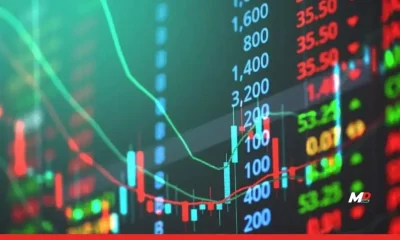

Pakistan Stocks See Steepest Fall Since 2008 Amid Escalating India Tensions
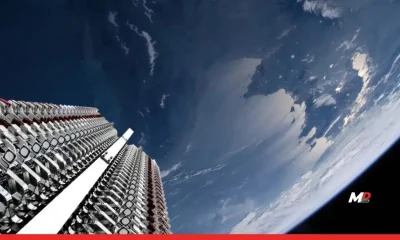

Starlink Gets Green Light to Launch Satellite Internet in India
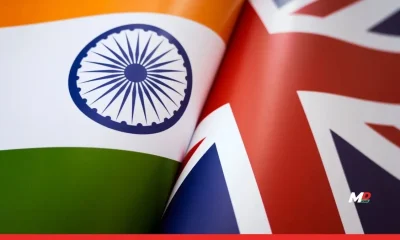

The India-UK Deal is A Milestone in Diplomacy, But It’s a Long Road Ahead
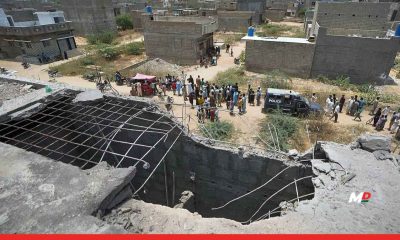

“Air defence system in Lahore neutralised”: India Responds to Pakistani Attacks
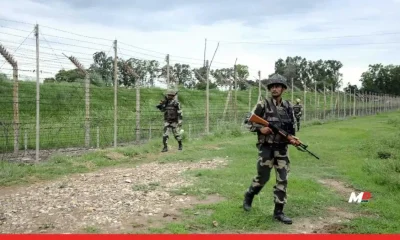

13 Killed in Pakistan Cross-Border Shelling as India Responds to Terror Strike with Operation Sindoor

